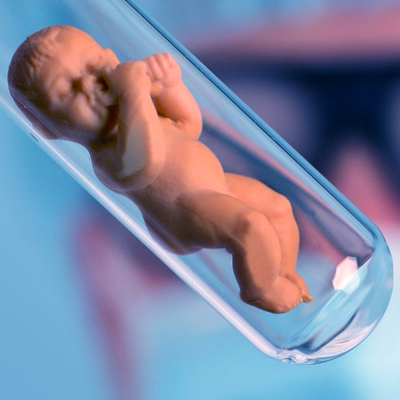
Quickly advancing innovation currently enables researchers to make bits of tissue that are to a great degree like the kind that make up parts of the human mind. Per the Washington Post, these improvements are an aid for specialists, however they’ve constrained researchers to get some information about what makes something “alive.” The front line system, put essentially, transforms human undifferentiated organisms into bits of mind like tissue that capacity more like the genuine article than anything created previously. As indicated by Science Daily, scientists at Case Western Reserve University School of Medicine uncovered in July they’ve exhibited an approach to make self-arranging “organoids” of tissue that contain all a similar cell composes found in the cerebral cortex.
This is extraordinary for people who examine things like human advancement or malignancy, however the small scale “brains” are a moral dilemma really taking shape. “In the event that, at the nightfall of life, the cerebrum is the thing that you analyze to know whether somebody has kicked the bucket, toward the start of life is there a point where you may state, ‘Look, the mind is toward the start of life?'” Case Western Reserve bioethicist Insoo Hyun told WaPo. “Numerous individuals don’t comprehend where the science is presently, and where it could go later on—including, I think, the analysts.” While the scaled down “brains” work at no place close to the many-sided quality of a reasoning, breathing human’s, scientists have required an open discussion on the issue keeping in mind the end goal to bypass any future good or moral failure as the science creates.
Disclaimer: The views, suggestions, and opinions expressed here are the sole responsibility of the experts. No A News Week journalist was involved in the writing and production of this article.
